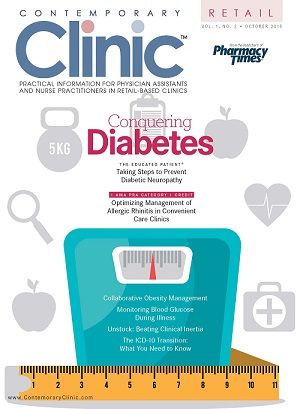Diabetes and Statins
Diabetes is becoming a more common condition, affecting millions of Americans. When combined with cardiovascular heart disease (CHD), the health and mortality risks only increase. Statin drugs are the most common and effective medications used to reduce cardiovascular risks due to increased cholesterol; however, their use does come with an increased risk of diabetes. Despite this, evidence still suggests that the health benefits of statin treatment outweigh the risk of adverse events.
In a study published inEvidence-Based Medicine, the researchers looked at the data evaluating the risks and benefits of statin use, especially long-term use. Randomized controlled trials (RCTs) have been the mainstay of statin research, with combined clinical end points as the focus rather than the mortality benefit. The Cholesterol Treatment Trialists performed a meta-analysis of 27 RCTs that showed clinical benefit for statin use when using the combined clinical end points. However, when a separate meta-analysis was done assessing the mortality of the same trials, no mortality benefit was shown.
Recently, studies have been done to try and assess the statin benefit compared with the risks of developing diabetes, most of which support the cardiovascular benefits outweighing the risks. However, these analyses were conducted for periods of less than 5 years, and statin use is a lifelong treatment regimen. According to the article, 1 study reported a 363% increase in diabetes risk after 15 to 20 years of statin exposure, while another found a 46% greater risk of developing type 2 diabetes with longer term statin use.
Despite the fact that current evidence points to the benefits of statin use being greater than the diabetes risk, the lack of sufficient long-term data suggest there should be a closer look at the matter. There are other proven means to decrease both CHD risks and diabetes risk, such as the Mediterranean diet, that could provide alternative therapy choices. The authors concluded that more care should be taken due to the inconsistent data and the fact that the risks of long-term statin use may be understated.

